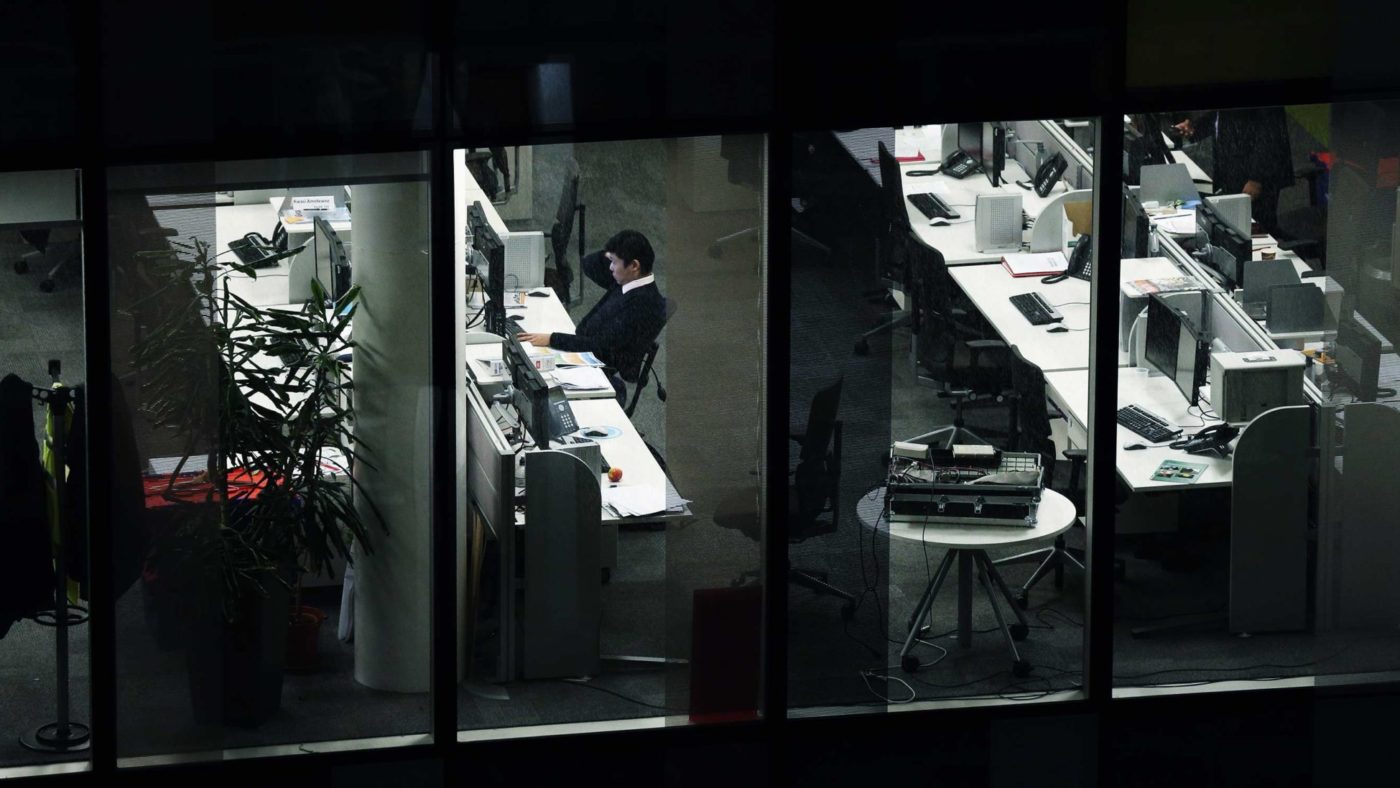Thanks to John McDonnell, a four-day working week is back in the news. The Shadow Chancellor has asked the economist Lord Skidelsky to write a report examining the case for working less and relaxing more.
Skidelsky, who has been a member of the Tories, Labour and the SDP in his time, is no left-wing hack, So it will be interesting to see what he comes up with.
Working from home, job shares and various other kinds of flexible working arrangements are now so commonplace as to be unremarkable. In a world where nine to five, Monday-Friday work feels increasingly anachronistic, it’s not a huge conceptual leap to suggest workers might want to work fewer longer shifts. Indeed, some jobs, such as firefighting, already have this kind of shift pattern (though few would envy the anti-social hours or having to run headlong into burning buildings). Even in the famously high-octane restaurant industry, where excessive hours are a badge of honour, some outlets are going against the grain and instituting shorter opening hours.
There’s an obvious historical precedent here too — after all, for much of the 20th century a six-day working week was the norm, but would now seem excessive to all but the most Stakhanovite employees.
What’s more, it is one of those dispiritingly rare issues that can command support across the political spectrum. For leftwingers, such as the Guardian columnist Owen Jones, it might be a case of sticking it to The Man by spending less time chained to your desk. Those of a more liberal, pro-market inclination might observe that companies may decide it makes sense to let staff work fewer hours if it makes them more productive.
The arguments in favour are compelling. New Zealand finance firm Perpetual Guardian now operates a four-day week after a trial period found staff were happier, less stressed and more productive working fewer days. Employees still took home the same salaries despite spending less time at the office. Jason Fried, the CEO of software company 37signals, has also sung the praises of a shorter, more focused working week.
The point about productivity is particularly apposite for the UK, where the so-called “productivity puzzle” has long vexed policymakers. We’re forever hearing that we Brits work long hours but get less done than our neighbours in France, who achieve the same in four days as we do in five. This seems like common sense, after a certain number of hours most of us start to flag, with both motivation and energy suffering. Added to that, progress in artificial intelligence and computing power means machines will increasingly take on more tedious, repetitive tasks, freeing up us humans to do more creative, engaging work.
Before we get too carried away though, it’s worth noting that some sectors will not be able to change easily. As the former Waitrose boss Lord Price noted recently, much of the public sector operates on a 24-hour a day, seven-day a week basis – the NHS being the most obvious example. He says fewer hours would necessarily mean a significantly higher wage bill and higher taxes to fund it.
In the private sector, too, it may be hard to envisage big City law firms suddenly allowing their staff to work a routine 35-hour week, as opposed to the 60+ some of them average at the moment (see this eye-opening run-down of London law firms’ average weekly hours).
Those who work in gig economy-style or hourly-wage jobs will also not have the same option to simply cut their time and earn the same amount of money. In that sense there is a risk that lower hours will simply exacerbate the gulf between so-called “knowledge economy” workers and those in lower-skilled, lower paid jobs, earning much less for working much more.
But whatever the rights and wrongs of opting for more leisure time, it is important to understand why most workers have a five-day week today and why a four-day week is even imaginable in the future.
This is where the division between left and right becomes sharper. The current Labour leadership see most things through the lens of class struggle, while their policymaking instincts lean towards compulsion and dirigisme over organic cultural and economic changes. The language used by the head of the Trade Union Congress, Frances O’Grady, in a recent speech on working hours was equally instructive. O’Grady spoke about “winning” a four-day week as though it were necessarily a case of workers battling the boss class for liberation, as opposed to an arrangement that benefits all parties.
After all, If the working week itself is becoming a bit old hat, trying to dictate who works when or to “redistribute” hours among the workforce seems even more outdated.
And as Len Shackleton has pointed out on CapX, a four-day work week will obviously suit some better than others. As such, it would be a bad idea for ministers or the unions to try and impose certain working practices on employers. The French government tried this in the early 2000s with a mandatory 35-hour working week – while it might have been fine in some industries, others have simply ignored it or instructed their staff to work overtime to make sure the work gets done.
Above all, however, more leisure time is a choice made possible by economic progress. As we get more productive, we can either choose a higher standard of living in exchange for the same amount of labour, or the same standard of living for less labour. That should be a decision for workers and firms — not the government.


